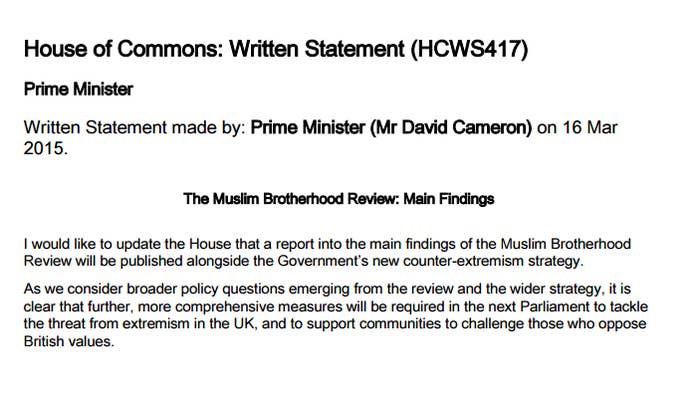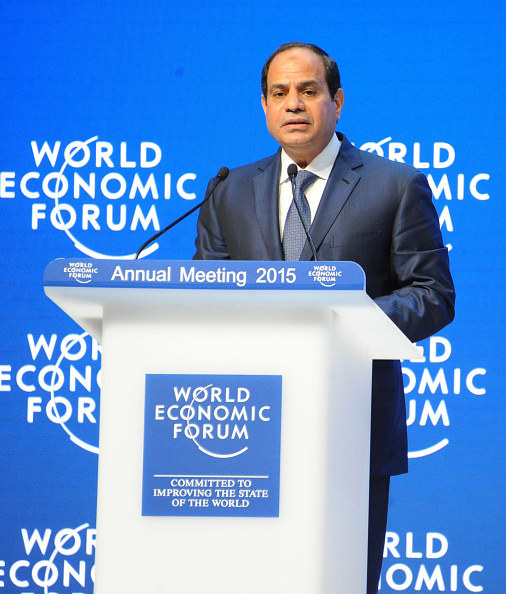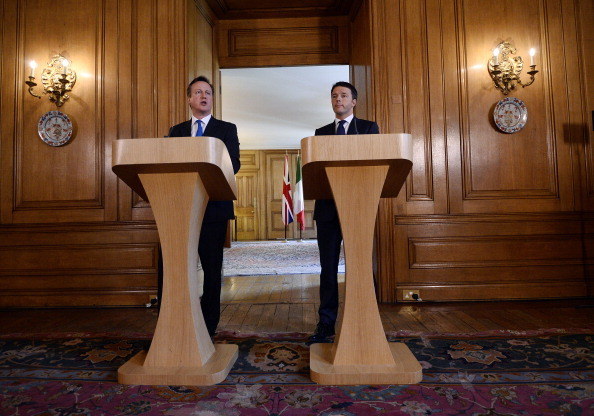
On Monday morning, The Independent reported that the British government was about to release its report on the Muslim Brotherhood.
The report, which was commissioned in April last year, was widely expected to conclude that the controversial Islamist movement, which has been accused of promoting terrorism overseas, was not in fact a terrorist organisation.
But instead, it was kicked into the long grass yet again.

The review of the Brotherhood's activities was led by Britain's former ambassador to Saudi Arabia, Sir John Jenkins.
He was expected to say that the government should not ban the organisation, but that the Brotherhood does need to be more open about its links to UK-based mosques and charities.
That clashes with the views held by Britain's allies in the Middle East, including Saudi Arabia, the UAE and Egypt, who all list the Brotherhood as a terrorist organisation. It was pressure from these countries for Britain to follow suit which, some ministers have claimed, led the prime minister to commission the review in the first place.
The report's publication has been delayed on several occasions already.
Although it was initially due to be published in July 2014, a Downing Street spokesperson told the Financial Times last year that its "principal findings" would be published in January 2015.
That didn't happen. But sources in the British embassy in Cairo told the Egyptian news website al-Araby al-Jadeed that the report had not recommended the group's blacklisting.
The source added that the government would "monitor some Islamic figures and organisations associated with the Muslim Brotherhood, especially in light of the paranoia of a terror attack that is gripping the whole of Europe".

Cameron has been accused of calling for a review due to pressure from Britain's allies in the Middle East, including Egyptian president Abdul Fatah el Sisi.
Sisi (above), a former military commander in Egypt, played a leading role in overthrowing Mohammed Morsi, the former Muslim Brotherhood president in Egypt. Morsi is currently in prison, while the organisation's political wing, The Freedom and Justice Party, was banned from running in future elections in August 2014.
In December 2013, the Egyptian government listed the Muslim Brotherhood as a terrorist group, accusing it of deliberately orchestrating a wave of violence to "destablise" the country after Morsi was overthrown.

Cameron originally said the review was needed to challenge the "extremist narrative" put out by "some Islamic organisations".
In a press conference with Italian leader Matteo Renzi last year, the prime minister said:
What I think is important about the Muslim Brotherhood is that we understand what this organisation is, what it stands for, what its beliefs are in terms of the path of extremism and violent extremism, what its connections are with other groups, what its presence is here in the United Kingdom. Our policies should be informed by a complete picture of that knowledge.
It is an important piece of work because because we will only get our policy right if we fully understand the true nature of the organisation that we are dealing with.
However, one member of the Muslim Brotherhood in London told BuzzFeed News that they did not feel the Jenkins review was a "fair process".
The member, who wished to remain anonymous for fear of the safety of their family members in Egypt, said that Jenkins was not in the UK for most of the review.
They also said that despite a promise of a right of reply, the review was due to be published without the London branch of the Brotherhood seeing the allegations being made against it.
"The review will fit a policy that suits them, regardless of the facts," they said, adding that by publishing the review alongside the counter-extremism strategy, the review would be used to "punish other Muslim groups".
They added: "The British government is taking the side of the Egyptian regime, regardless of its oppression."
